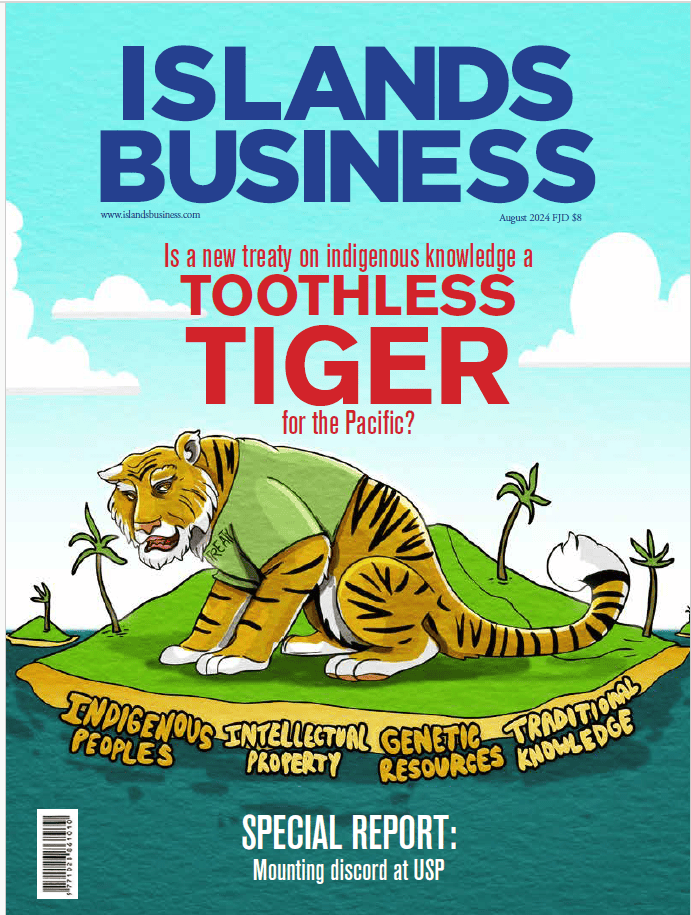Trump, the Russians, and then there’s China
Australia continues to tread cautiously amid heightened security worries, both in the Pacific and domestically. Addressing a public policy think tank, Pacific Minister Pat Conroy was forthright when he urged China to avoid “coercion” in the Pacific Islands and to be “more transparent in the aid” it provides. Conroy went as far as to acknowledge a “state of permanent contest” between China and the West. Added to that tussle is the sleepless nights and hectic days in Canberra (that spread to a few other key centres across . . .
Please Subscribe to view full content...
